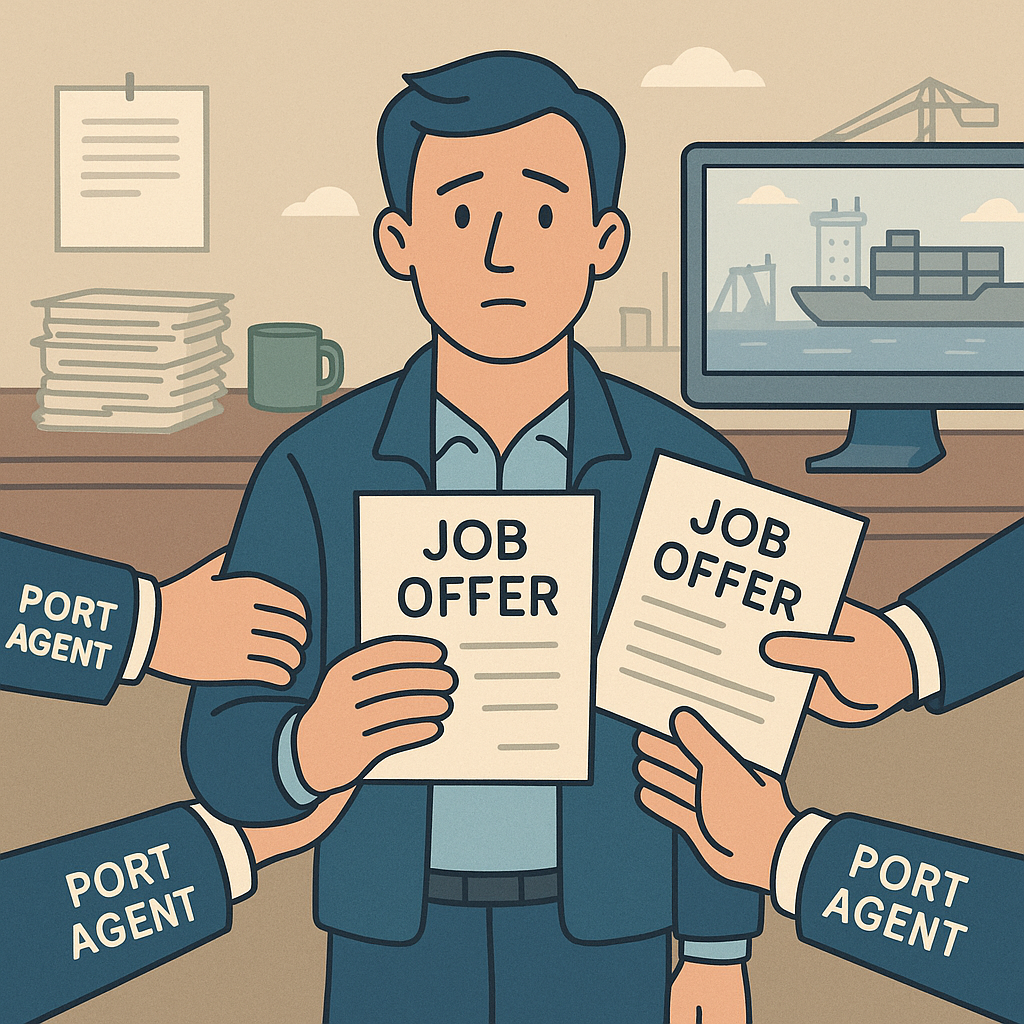Enhancing Port Operations: The Role of a Ship Agency Software
Navigating the complexities of maritime operations as a Port Agent can be daunting, especially when it comes to managing multiple stakeholders and ensuring timely and compliant service delivery. This blog explores how port agent software and ship agency software are indispensable tools for streamlining the intricacies of ship management, making every vessel call as seamless as organizing a well-orchestrated event.
Understanding the Role of a Port Agent:
At the core of maritime logistics, Port Agents are pivotal in ensuring that the requirements of both the client and the ship are met with precision and efficiency. Each vessel call can be likened to organizing a large-scale event where the Port Agent acts as the central coordinator. They not only communicate the needs of the ship and its crew but also manage logistics, compliance, and coordination with various service providers. This involves a deep understanding of diverse client types and the specific demands of each vessel call, which can vary significantly.
Port Agents juggle numerous tasks, from ensuring the vessel's needs are met to complying with local and national regulations. They face challenges such as:
- Coordinating multiple services and stakeholders under tight deadlines.
- Adhering to stringent maritime regulations and safety standards.
- Managing unexpected changes and demands efficiently.
- Centralized Information Management: Software solutions help in organizing and storing vast amounts of information related to each vessel call, accessible from a single platform. This reduces errors and saves time otherwise spent on manual data handling.
- Efficient Task Coordination: From berth planning and service coordination to crew changes and provisioning, software tools automate and streamline processes, ensuring all activities are completed within the stipulated timeline.
- Compliance and Reporting: These tools are designed to keep up with the latest regulations, providing updates and necessary forms to ensure compliance. They also enable smooth reporting and documentation, which are critical for audit and regulatory purposes.
- Real-time Communication: Enhanced communication features allow for real-time updates and alerts, which are essential in managing the dynamic nature of port operations.
- Improved Operational Efficiency: Automation reduces manual workloads, leading to faster and more accurate operations.
- Enhanced Customer Satisfaction: Efficient management leads to quicker turnaround times, which enhances client satisfaction and strengthens business relationships.
- Risk Reduction: Automated compliance checks minimize the risk of regulatory breaches, which can lead to fines or operational delays.
By addressing the specific needs and complexities of Port Agents, this blog aims to highlight how technological solutions can significantly enhance operational capabilities and drive industry standards forward.
Come to PortPal.me and learn how to implement all of this and start improving today!



Very useful and necessary information. Thanks!
ReplyDelete